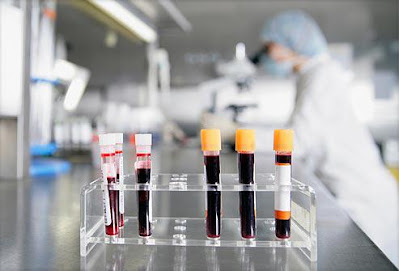In vitro protein production (also called in vitro protein production, cell-free protein expression, or cell-free protein Synthesis) is a process that allows researchers to rapidly express and produce specific types of protein, especially from living cells. Since in vitro protein production is not feasible for commercial, large-scale protein production, it actually has a wide range of advantages that make it more versatile and useful for a number of applications. To begin with, an in vitro production system allows researchers to regulate the levels of specific types of proteins needed to develop, test, and treat a disease or disorder.
In addition, cell-free protein expression allows for the generation of certain types of enzymes, the majority of which cannot be manufactured by chemical synthesis. Many enzymes are used to breakdown sugars. Enzymes commonly used in the field of medicine and nutrition include probiotics (which help to restore the balance of healthy bacteria in the digestive tract), immunoglobulin, and antimicrobial enzymes. In recent years, several experimental treatments using enzyme therapies have been tested as effective treatments for certain illnesses and diseases. In some cases, these experimental treatments have even been successful. For instance, enzyme therapies have been developed to treat acquired brain damage caused by strokes and head injuries, age-related eye disease, and Parkinson's disease.
In addition, cell-free protein expression provides researchers with the ability to cultivate and harvest a wide variety of living organisms, including fungi, viruses, and plants. Most living organisms obtain their nourishment from the environment around them. Scientists have been able to cultivate and harvest many of these organisms through the use of cell-free protein expression. Cultures of some species of fungi have even produced medicine within living cells. For instance, in September 2021, a group of researchers from the UCL and MRC London Institute of Medical Sciences, U.K., revealed the results of their clinical trial concluding that lowering natural errors in protein expression can enhance lifespan and overall health in various organisms. This is the first instance of the production of medicine from living cells. Although this technology has not yet been extensively explored to its full potential, it represents a very important step forward in the development of medical care.





No comments:
Post a Comment